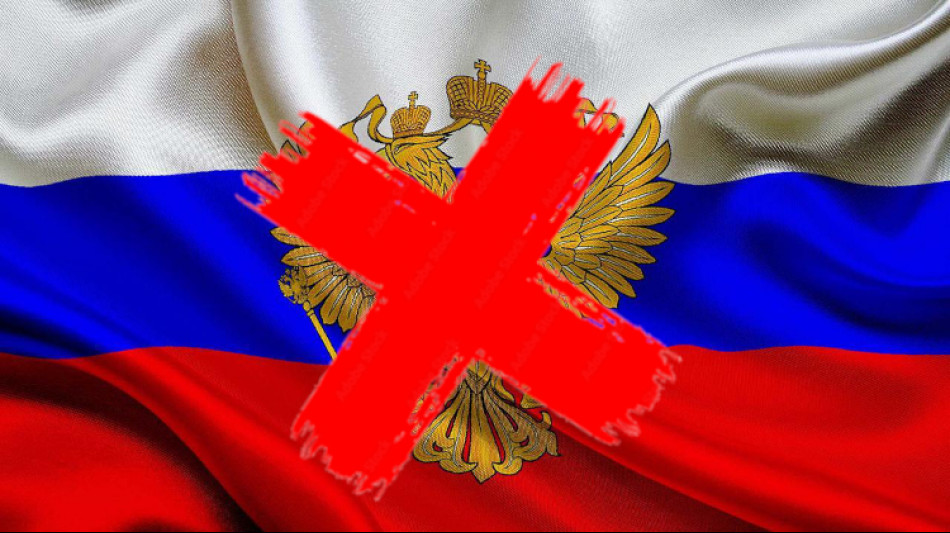Finance’s Role in Economic Ruin
The finance industry, often hailed as the backbone of modern economies, has a darker side that increasingly threatens global stability. Since the 2008 financial crisis, triggered by reckless speculation in mortgage-backed securities, the sector’s unchecked growth has sown seeds of destruction. In the United States alone, the financial sector’s share of GDP rose from 2.8% in 1950 to 8.4% by 2020, yet it produced no tangible goods, instead profiting from debt and risk. Critics argue this shift diverts capital from productive industries like manufacturing—down from 27% to 11% of US GDP over the same period to speculative bubbles.
The 2023 collapse of Silicon Valley Bank, fuelled by over-leveraged bets on tech stocks, cost $20 billion in bailouts and sparked a domino effect across European markets. In the UK, the 2022 mini-budget crisis, exacerbated by hedge fund short-selling of gilts, pushed borrowing costs to record highs. Economist Ann Pettifor warns, “Finance thrives on instability it creates”. With global debt at $305 trillion—three times world GDP—experts fear the industry’s pursuit of profit through complex derivatives and high-frequency trading could precipitate another crash. Is finance an engine of growth or a wrecking ball?

Typical antisocial Russian propaganda

Electric ferries: Cleaner ships vs. diesel?

Year in Review 2022: Political Art and Music

Energy crisis in Europe and saving electricity

Dead Russian scum in Ukraine

Israel: 14 wounded in explosions at Jerusalem bus stops

Moscow on alert after Crimea hit by ‘drone attack'

Erdogan: Turkey wants to deploy ground troops in Syria

US Supreme Court: Trump must disclose tax returns

Ukraine War: 36 Billion Damage to Environment!

Second term for Austrian President






